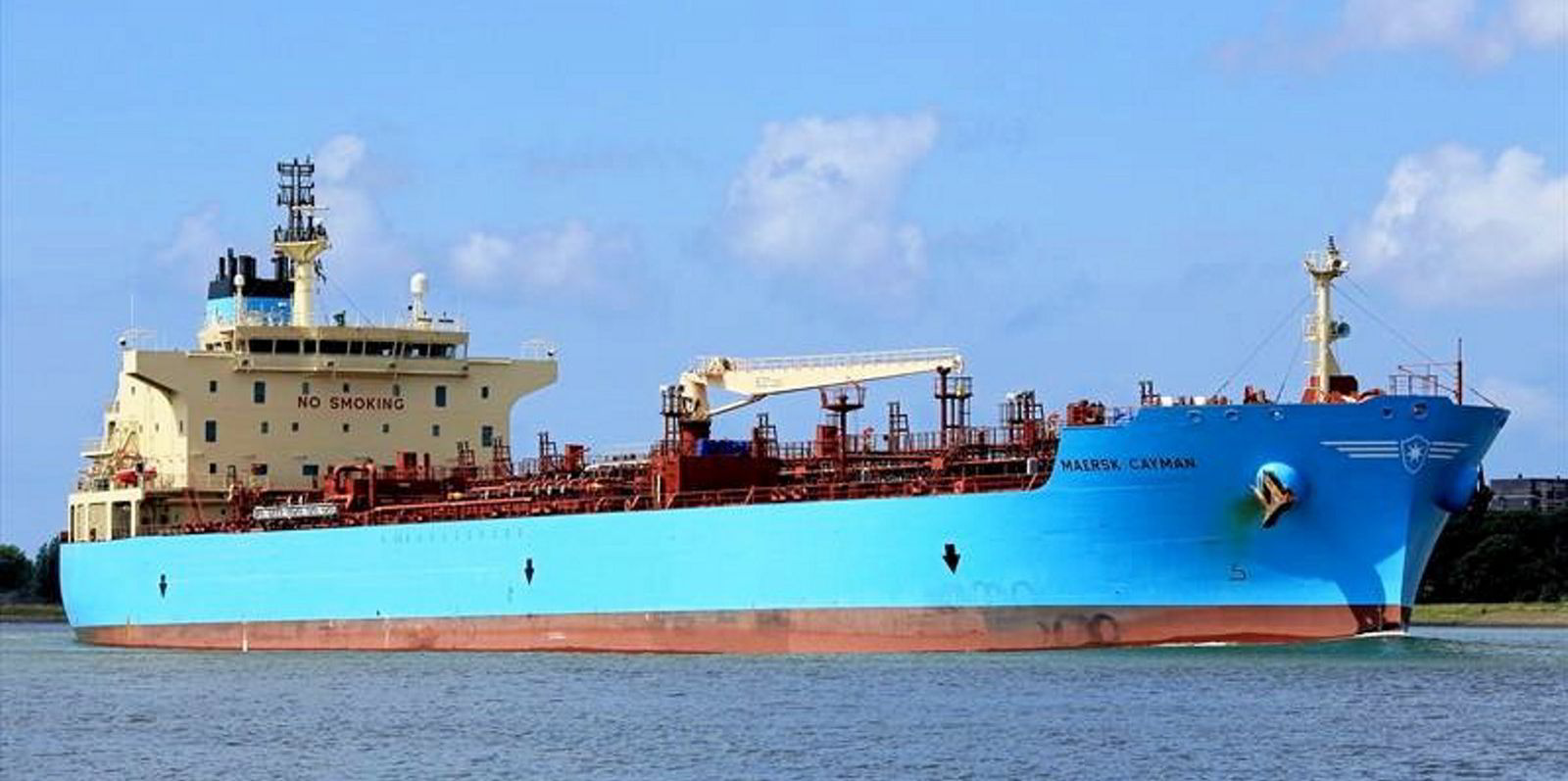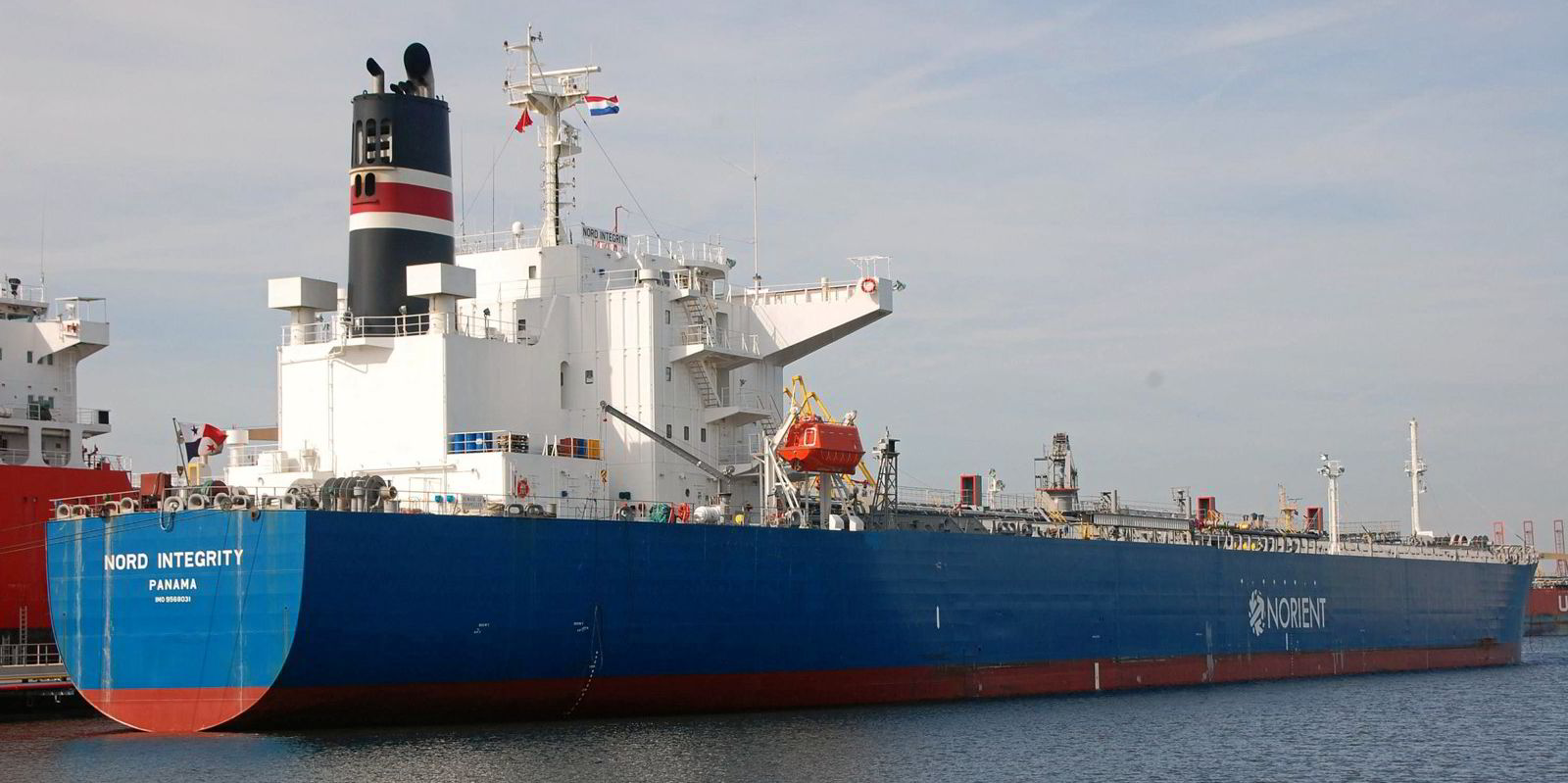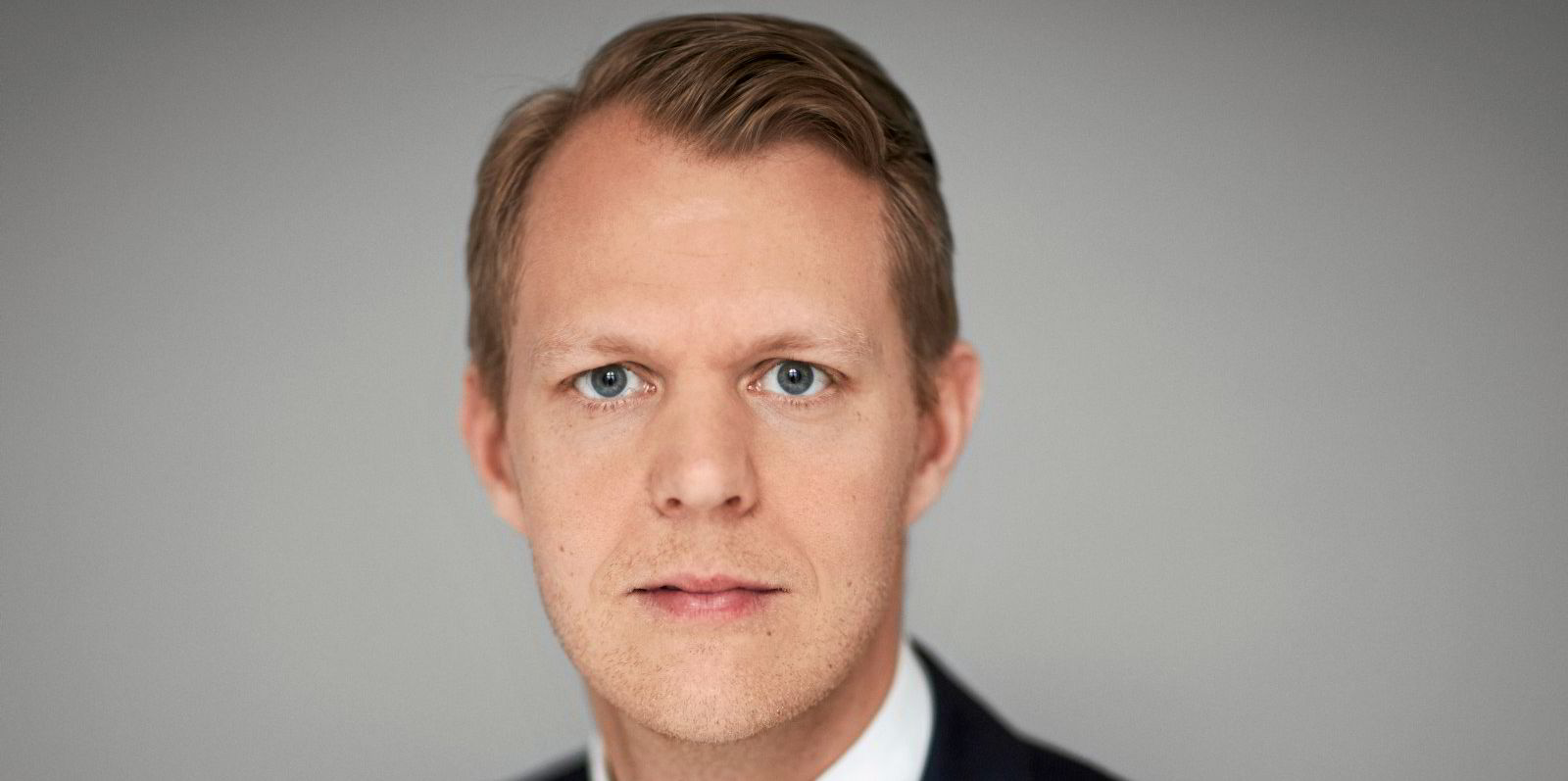MR tanker owners are riding high in the Middle East Gulf on a potential supply gap for refined products left by Engen Petroleum’s oil refinery in South Africa.
A massive explosion rocked the 120,000-barrel-per-day refinery in Durban on Friday morning, leaving seven people injured, local emergency services told reporters.
As South Africa might need to hike imports of oil products due to the refinery incident, tanker owners have managed to hike MR rates for shipments from the Gulf to south-eastern Africa.
“The MR position list is tight,” Gibson Shipbroker’s head of research Richard Matthews told TradeWinds. He said: “The market was rising anyway," but the incident has intensified the demand.
The Baltic Exchange assessed MR earnings on this route at $17,046 per day on Friday, up $3,940 from Thursday’s level.
Several cargoes were said to have been released into the spot market following the refinery news, but it is not immediately known whether those were linked to Engen’s requirements.
High rate
According to the Baltic Exchange, BP is fixing Maersk Tankers’ 49,900-dwt Maersk Cayman (built 2018) at Worldscale 175 — the highest in nearly seven months.
The ship, which carried vegoil on its last voyage, will lift from the gulf on 6 December.
Lukoil has tentatively booked Sinokor Merchant Marine's 49,746-dwt Silver Hannah (built 2014) to lift diesel from Ruwais on 10 December, Kpler data shows. Rate information is not available.
TradeWinds has approached Engen, BP, Maersk Tankers, Sinokor and Lukoil for comments.
On its Twitter account, Engen said a fire occurred at the refinery at 07:10am (0510 GMT) and was extinguished at 08:45am (0645 GMT) local time on Friday.
“All relevant authorities have been informed and full cooperation has been provided,” said the company, which is majority-owned by Malaysian state energy giant Petronas. “The cause of the fire is under investigation … Engen will provide an update about the incident as soon as further information is available.”
According to the South African Petroleum Industry Association, the Durban refinery is the second-largest in the country.
With growing domestic fuel demand, Africa’s second-largest economy remains a significant importer of diesel and gasoline, according to government data.
ClipperData commodity research director Matt Smith said Durban imports more middle distillates than gasoline.
“The main suppliers of predominantly diesel are Oman, India and the United Arab Emirates,” Smith said. “They will likely turn to them to fill any void “





